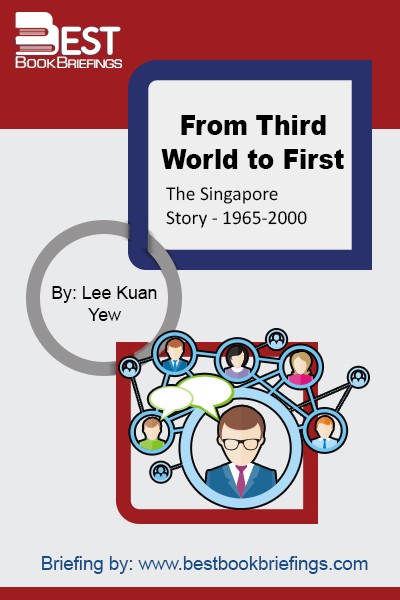From Third World to First
The Singapore Story - 1965-2000
Editorial Review
The story of Singapore’s transformation is told here by Singapore's charismatic, controversial founding father, Lee Kuan Yew. Rising from a legacy of divisive colonialism, the devastation of the Second World War, and general poverty and disorder following the withdrawal of foreign forces, Singapore now is hailed as a city of the future. This miraculous history is dramatically recounted by the man who not only lived through it all but who fearlessly forged ahead and brought about most of these changes.
Book Reviews
Books on Related Topics
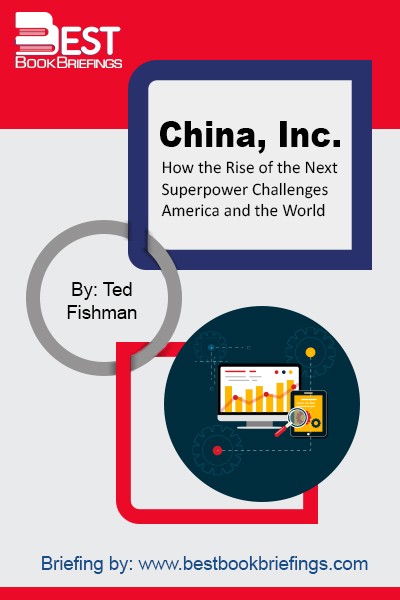
China today is visible everywhere—in the news, in the economic pressures battering the globe, in our workplaces, and in every trip to the store. Provocative, timely, and essential—and updated with new statistics and information—this dramatic account of China's growing dominance as an industrial superpower by journalist Ted C. Fishman explains how
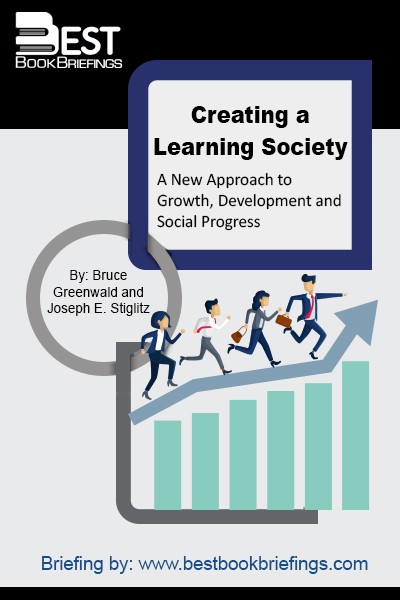
Creating a Learning Society explains how the countries of the world went from centuries of stagnation to the enormous increases in standards of living that have marked the last two hundred and fifty years: they have learned how to learn. Yet, as Stiglitz and Greenwald make clear, markets won't succeed on
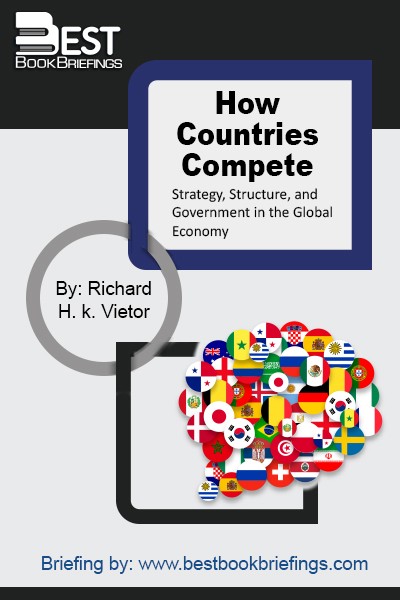
Business and political leaders often talk about what their respective countries must do to compete in the world economy. But what does it really mean for a country to compete, and how do they do this successfully? Countries develop strategies to compete for the markets, technologies, skills, and investment that will
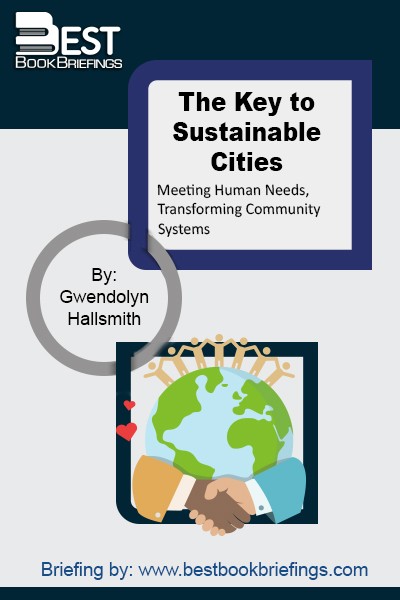
All over the world, cities and towns are challenged with sudden and significant increases in population that tax their ability to meet the needs of residents. A great migration is underway. Some 20 million people move to cities every year, a human transmigration unprecedented in history. From 1950 to 1990 the

